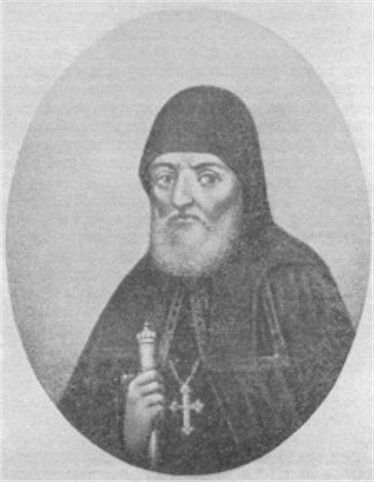Pletenetsky, Yelysei
Pletenetsky, Yelysei [Pletenec’kyj, Jelysej], b 1550 in Pletenytsi, near Zolovchiv, Lviv region, d 29 October 1624 in Kyiv. (Portrait: Yelysei Pletenetsky.) Orthodox churchman and cultural leader. He was archimandrite of a monastery in the Pynsk region (1595–99) and participated in the Church Union of Berestia (1596). He then became archimandrite of the Kyivan Cave Monastery (1599–1624) and secured the right of stauropegion for it. With the assistance of the Cossacks and Hetman Petro Konashevych-Sahaidachny he reclaimed the monastery's valuables that had been given to the Uniates by the Polish king Sigismund III Vasa in 1614. He sought to reform monastic life, organized a women's monastery near the Cave Monastery, and restored the Church of the Caves. He also established a hospital for the poor at the monastery.
Pletenetsky attracted a group of notable church and cultural figures at the monastery, including Pamva Berynda, Stepan Berynda, Yov Boretsky, Havrylo Dorofeievych, Zakhariia Kopystensky, Taras Zemka, and Lavrentii Zyzanii. He also founded the Kyivan Cave Monastery Press, wrote introductions to many of its earliest publications, and established a paper factory in Radomyshl to provide paper for it. His introductions were published in Teodor Titov's Materiialy dlia istoriï knyzhnoï spravy na Vkraïni v XVI–XVIII vv. (Materials for the History of Publishing in Ukraine in the 16th–18th centuries, 1924).
[This article originally appeared in the Encyclopedia of Ukraine, vol. 4 (1993).]
